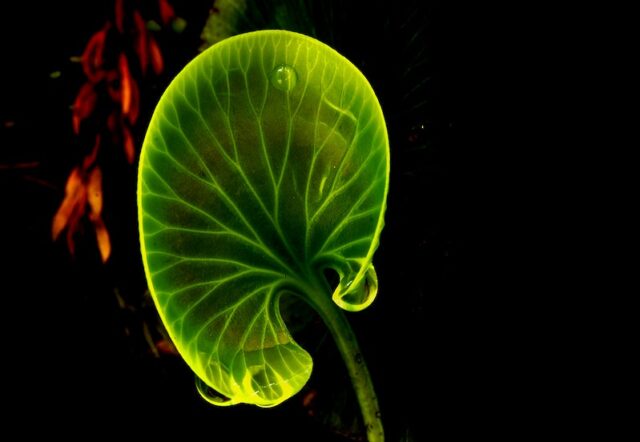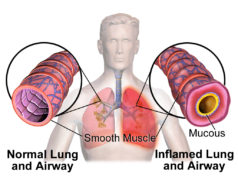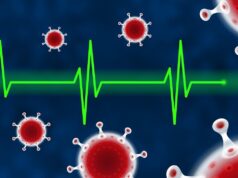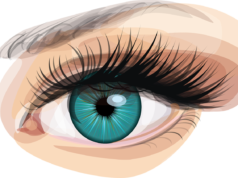The kidneys and urinary system are crucial components of the human body responsible for maintaining fluid and electrolyte balance, removing waste products, and producing urine. Here’s an overview of the kidneys and the urinary system:
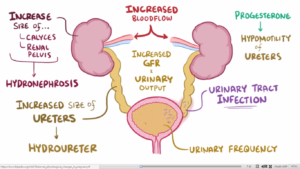
- Kidneys: The kidneys are bean-shaped organs located in the upper abdomen, one on each side of the spine. Their primary functions include:
- Filtration: The kidneys filter waste products, excess water, and electrolytes from the bloodstream to produce urine.
- Regulation of Fluid and Electrolyte Balance: The kidneys help maintain the proper balance of water and electrolytes, such as sodium, potassium, and calcium, in the body.
- Acid-Base Balance: They regulate the levels of acids and bases in the blood to maintain a stable pH.
- Blood Pressure Regulation: The kidneys produce a hormone called renin, which plays a role in regulating blood pressure.
- Urinary System: The urinary system consists of several organs involved in the formation and elimination of urine. It includes:
- Kidneys: As mentioned earlier, the kidneys filter blood and produce urine.
- Ureters: These are muscular tubes that carry urine from the kidneys to the bladder.
- Bladder: The bladder is a hollow, muscular organ that stores urine until it is eliminated.
- Urethra: The urethra is a tube that carries urine from the bladder to the outside of the body during urination.
- Urine Formation: The process of urine formation involves several steps:
- Filtration: Blood is filtered in the kidneys, where waste products, excess water, and electrolytes pass into tiny structures called nephrons, while essential substances are retained.
- Reabsorption: As the filtered fluid passes through the nephrons, valuable substances such as glucose, amino acids, and electrolytes are reabsorbed back into the bloodstream.
- Secretion: Certain substances, such as hydrogen ions and drugs, are actively secreted from the blood into the nephrons to be eliminated in the urine.
- Concentration: The kidneys concentrate urine by reabsorbing water, which helps maintain water balance in the body.
- Disorders and Conditions: Several disorders can affect the kidneys and urinary system, including:
- Kidney Stones: These are hard deposits that form in the kidneys and can cause severe pain when they pass through the urinary tract.
- Urinary Tract Infections (UTIs): UTIs occur when bacteria infect the urinary system, commonly affecting the bladder but can also involve the kidneys.
- Chronic Kidney Disease (CKD): CKD is a progressive condition where the kidneys’ function gradually deteriorates, leading to impaired filtration and waste elimination.
- Urinary Incontinence: This refers to the inability to control urination, leading to involuntary leakage.
- Renal Failure: Renal failure occurs when the kidneys lose their ability to function properly, requiring treatments like dialysis or kidney transplantation.
It’s important to maintain a healthy lifestyle, stay hydrated, and seek medical attention if you experience any persistent symptoms or concerns related to your kidneys or urinary system.

